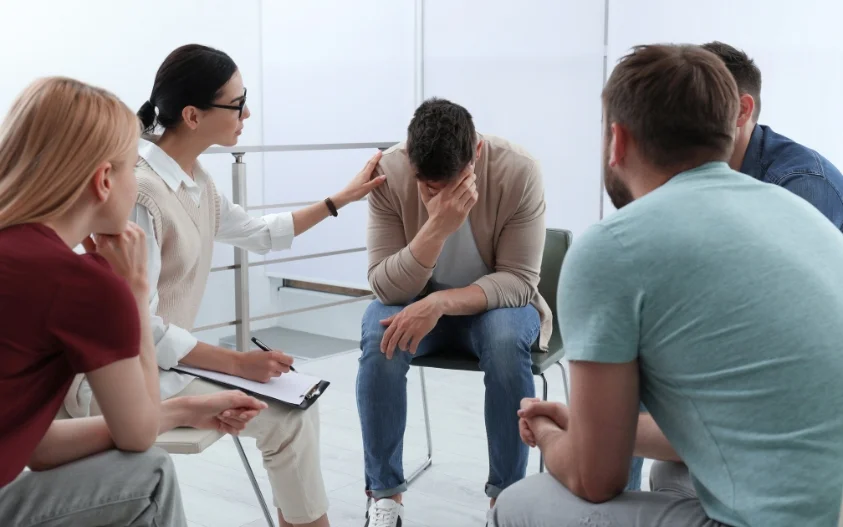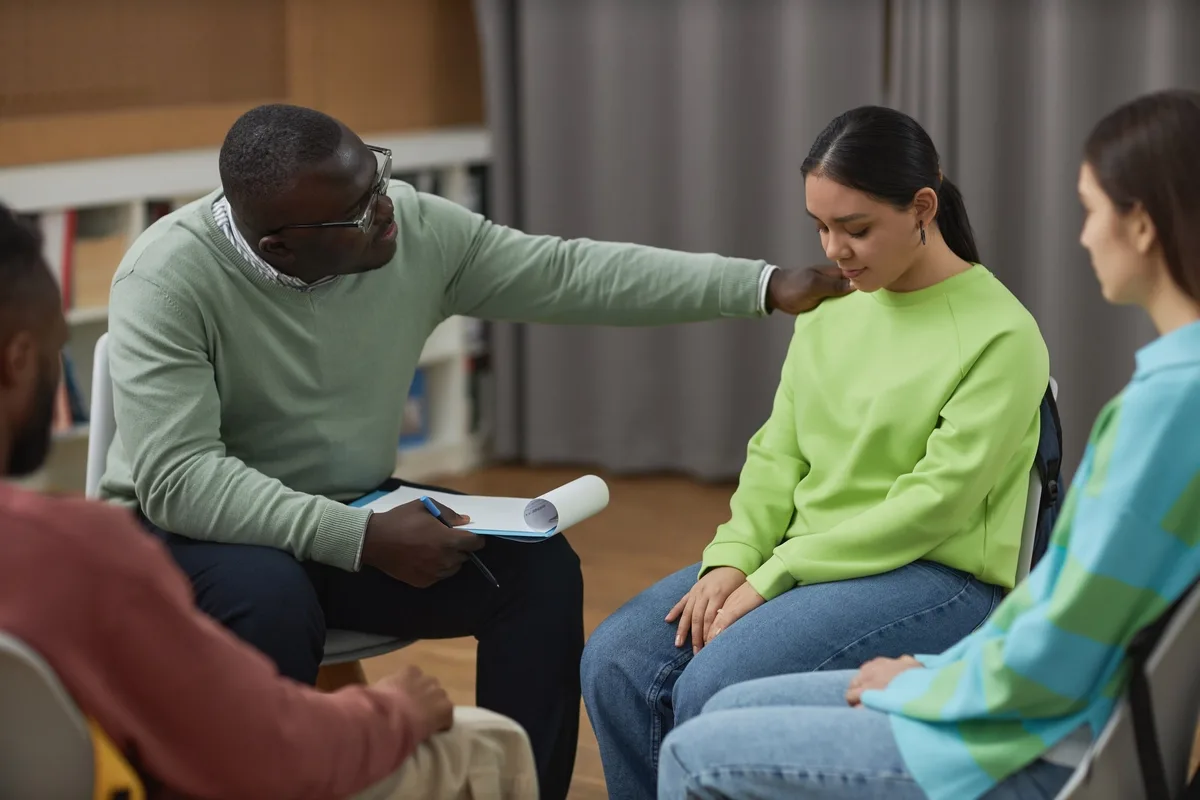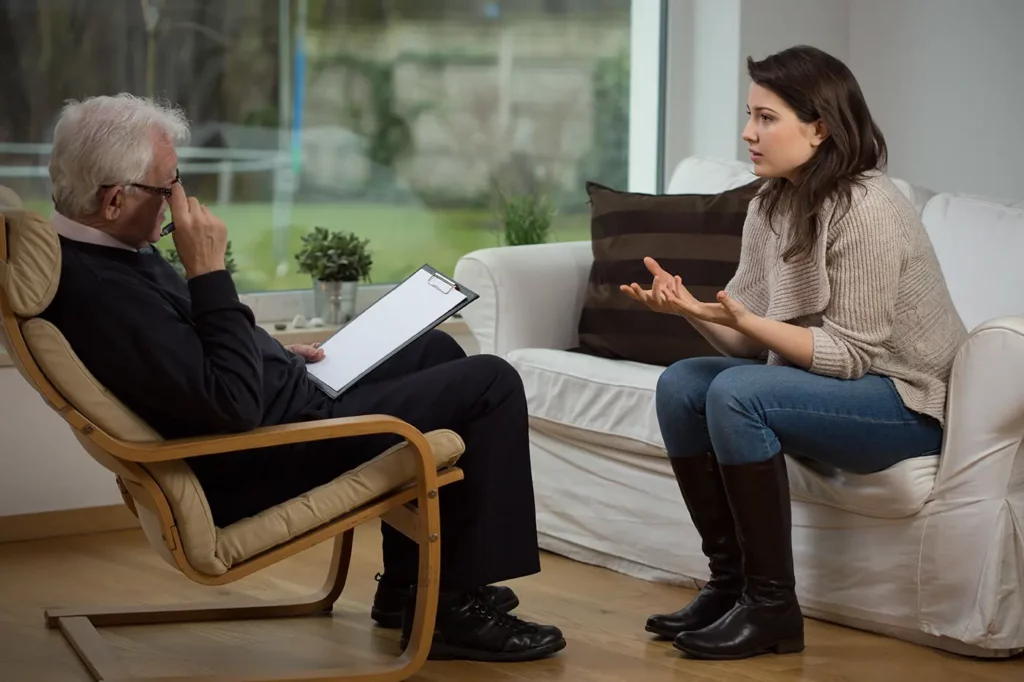24/7 Helpline:
(866) 899-111424/7 Helpline:
(866) 899-1114
Learn more about Opioid Rehab centers in Marshall County














AA – Alcoholics Anonymous
AA – Alcoholics Anonymous is a private rehab located in Gilbertsville, Kentucky. AA – Alcoholics Ano...








































Other Insurance Options

Providence

EmblemHealth

CareSource

MVP Healthcare

Coventry Health Care

Covered California

Excellus

Medical Mutual of Ohio

UnitedHealth Group

GEHA

Group Health Incorporated

Sliding scale payment assistance

Lucent

Private insurance

Ceridian

MHNNet Behavioral Health
Beacon

BlueShield

AllWell

Optum